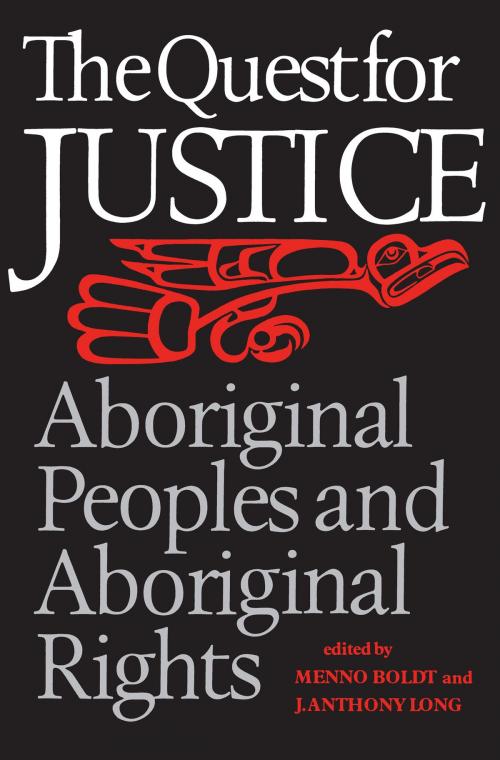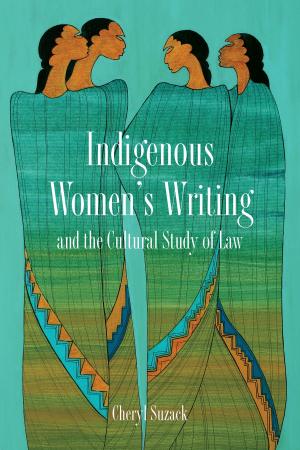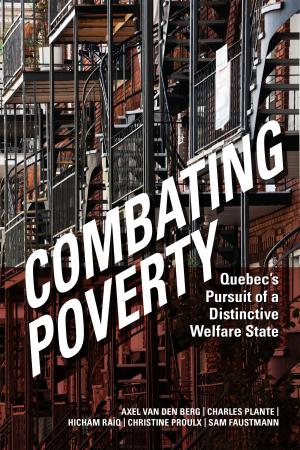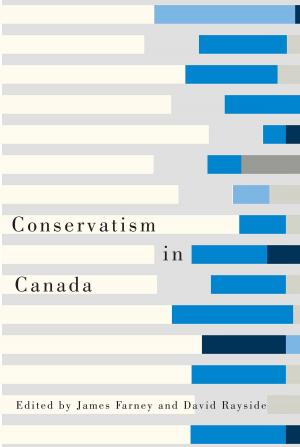The Quest for Justice
Aboriginal Peoples and Aboriginal Rights
Nonfiction, Social & Cultural Studies, Social Science, Cultural Studies, Native American Studies, History, Americas, Native American, Political Science| Author: | ISBN: | 9781442657830 | |
| Publisher: | University of Toronto Press, Scholarly Publishing Division | Publication: | December 15, 1985 |
| Imprint: | Language: | English |
| Author: | |
| ISBN: | 9781442657830 |
| Publisher: | University of Toronto Press, Scholarly Publishing Division |
| Publication: | December 15, 1985 |
| Imprint: | |
| Language: | English |
This collection of many voices develops more deeply and exhaustively the issues raised in the editors’ earlier volume, Pathways to Self-Determination. It contains some twenty-three papers from representatives of the aboriginal people’s organizations, of governments, and of a variety of academic disciplines, along with introductions and an epilogue by the editors and appendices of the key constitutional documents from 1763.
The contributors represent a broad cross-section of tribal, geographic, and organizational perspectives. They discuss constitutional questions such as land rights, the concerns of Metis, non-status Indians, and Inuit; and native rights in broad contexts – historical, legal/constitutional, political, regional, and international.
The issue of aboriginal rights and of what these rights mean in terms of land and sovereignty has become increasingly important on the Canadian political agenda. The constitutional conferences between government and aboriginal peoples have revealed the gulf between what each side means by aboriginal rights: for the Indians these rights are meaningless without sovereign self-government, an idea the federal and provincial governments are not willing to entertain. Somewhere in the middle lies the concept of nationhood status.
Ultimately, the aboriginal peoples are asking for justice from the dominant society around them; if it is denied or felt to be denied, the editors conclude, the consequences for the Canadian self-concept would be costly and debilitating. The twenty-four contributors provide a find guide to this profound and complex problem, whose solution depends on our understanding and our political wisdom.
This collection of many voices develops more deeply and exhaustively the issues raised in the editors’ earlier volume, Pathways to Self-Determination. It contains some twenty-three papers from representatives of the aboriginal people’s organizations, of governments, and of a variety of academic disciplines, along with introductions and an epilogue by the editors and appendices of the key constitutional documents from 1763.
The contributors represent a broad cross-section of tribal, geographic, and organizational perspectives. They discuss constitutional questions such as land rights, the concerns of Metis, non-status Indians, and Inuit; and native rights in broad contexts – historical, legal/constitutional, political, regional, and international.
The issue of aboriginal rights and of what these rights mean in terms of land and sovereignty has become increasingly important on the Canadian political agenda. The constitutional conferences between government and aboriginal peoples have revealed the gulf between what each side means by aboriginal rights: for the Indians these rights are meaningless without sovereign self-government, an idea the federal and provincial governments are not willing to entertain. Somewhere in the middle lies the concept of nationhood status.
Ultimately, the aboriginal peoples are asking for justice from the dominant society around them; if it is denied or felt to be denied, the editors conclude, the consequences for the Canadian self-concept would be costly and debilitating. The twenty-four contributors provide a find guide to this profound and complex problem, whose solution depends on our understanding and our political wisdom.















